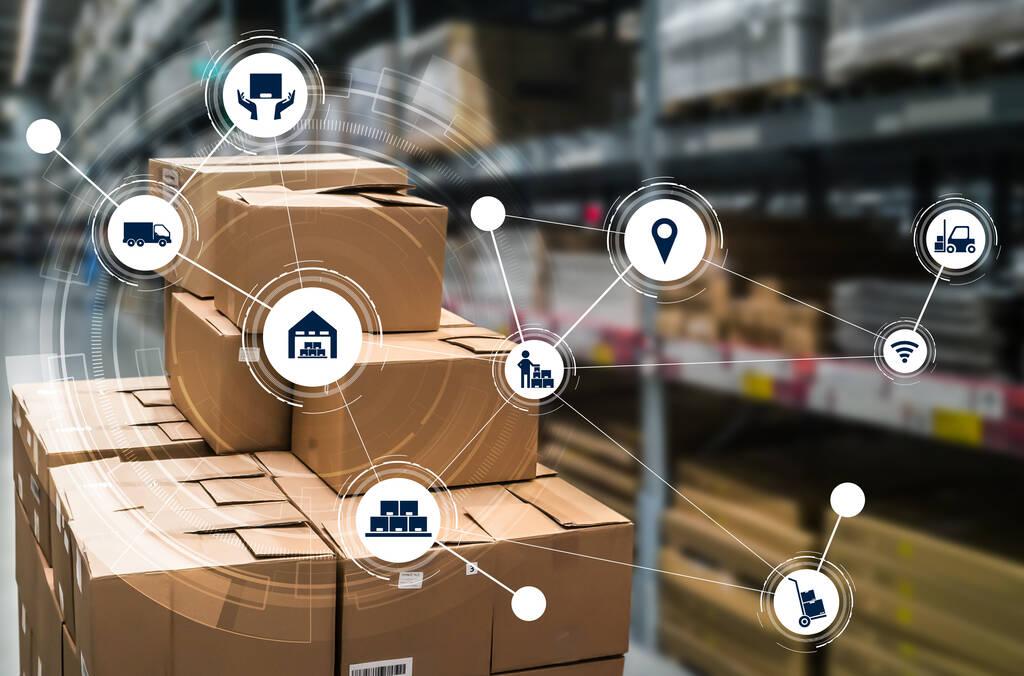As technology continues transforming how consumers engage with brands, staying informed about the latest B2C ecommerce trends is crucial for businesses aiming to remain relevant and competitive. This article looks at what lies ahead for B2C ecommerce and highlights the most impactful trends poised to shape the market in 2025.
What is the future of B2C ecommerce?
The future of B2C ecommerce revolves around delivering seamless, highly personalized, and innovative shopping experiences that meet the demands of modern consumers. Technological advancements, paired with shifting consumer priorities, are reshaping how brands connect with their audiences.
To succeed, B2C companies must harness tools like artificial intelligence (AI), machine learning, augmented reality (AR), and blockchain while emphasizing sustainability and multichannel support. Brands that adapt to these changes will forge stronger connections with consumers and maintain their competitive edge.
8 B2C ecommerce trends for 2025
2025 promises a wave of innovation fueled by advanced technologies, shifting consumer behaviors, and a growing emphasis on ethical and sustainable practices. Businesses that embrace these changes will not only improve customer satisfaction but enhance operational efficiency and long-term growth.
Our main source for the list is this The Future of Commerce post. Let’s see the main trends.
1. AI
AI continues revolutionizing B2C ecommerce, powering personalized recommendations, predictive analytics, and dynamic pricing. For example, AI-driven chatbots provide 24/7 customer support, ensuring frictionless customer interactions.
During the 2024 holiday season, AI tools helped boost US online sales by 4% year over year, with chatbot usage increasing by 42%.
Innovations like AI-powered chatbot technology highlight AI’s growing role in optimizing customer satisfaction and conversion rates.
Nowadays, there are also powerful LLMs (Large Language Models) that have paved the way for more powerful chatbots.
2. Machine learning
Machine learning, a subset of AI, takes personalization and automation further by continuously learning from consumer behavior to optimize marketing strategies. In the future, B2C ecommerce businesses will rely heavily on machine learning to fine-tune inventory management, detect fraud, and enhance targeted advertising campaigns.
Machine learning helps predict demand trends by analyzing vast amounts of data, ensuring stock availability while reducing overstocking and wastage—a critical factor for maintaining profitability.
3. Augmented Reality (AR) and Virtual Reality (VR)

AR and VR are revolutionizing online shopping by blending physical and digital experiences. Virtual try-ons and AR-powered visualizers allow customers to preview products, reducing uncertainty and boosting confidence. These technologies are becoming mainstream, mainly because they enhance consumer engagement and driving sales.
4. Blockchain
Blockchain technology is poised to redefine trust and transparency in B2C ecommerce. It offers secure, decentralized systems for managing transactions, ensuring data privacy, and combating counterfeit goods.
For instance, blockchain-based supply chain tracking allows consumers to verify a product's authenticity and ethical sourcing. Blockchain technology can also streamline payments by supporting cryptocurrencies, which are digital assets that leverage decentralized networks to enable fast, secure, and transparent transactions.
5. Payment solutions
The demand for seamless and diverse payment options is on the rise. B2C ecommerce businesses will need to support multiple payment solutions, including digital wallets, buy-now-pay-later (BNPL) services, and cryptocurrency payments.
Adopting frictionless payment processes improves user experience and reduces cart abandonment rates. Mobile-first payment systems and one-click checkout options will be essential for meeting consumer expectations.
6. Sustainability
Consumers are increasingly prioritizing eco-conscious brands, making sustainability a key trend for 2025. B2C companies must incorporate sustainable practices into their operations, from using eco-friendly packaging to adopting carbon-neutral shipping methods.
Highlighting sustainability initiatives in marketing campaigns can enhance brand loyalty and attract environmentally conscious shoppers. Offering repair or recycling programs can further demonstrate a commitment to reducing waste.
7. Multichannel customer support
Seamless multichannel customer support will be non-negotiable in 2025. Beyond merely operating on multiple platforms and omnichannel strategies, focus on creating interconnected ecosystems where customer data flows seamlessly.
This ensures consistent, high-quality support, whether through live chat, email, or social media, which helps build trust and loyalty. For example, a customer browsing on a website, communicating with a chatbot, and completing a purchase on a mobile app can expect a cohesive experience at every step.
8. Hyper-personalization and predictive analytics

Hyper-personalization is emerging as a cornerstone of successful B2C ecommerce strategies. By leveraging customer data and predictive analytics, businesses can deliver tailored recommendations, personalized email campaigns, and targeted promotions.
In 2025, brands prioritizing understanding their customers individually will stand out in a crowded marketplace. Predictive analytics will also allow businesses to anticipate consumer needs and trends, ensuring they stay one step ahead.
Driving success through innovation: the key B2C trends for 2025
The future of B2C ecommerce hinges on innovation, customer-centric strategies, and a commitment to sustainability. Brands that embrace trends like AI-driven personalization, immersive technologies, and ethical practices will not only meet customer expectations but redefine them.
To help businesses navigate this scenario and make the best of the most modern technologies, VTEX powers ecommerce with an integrated platform that unites online channels seamlessly. Its solution combines omnichannel management with robust API connectivity.
The result is a system built for rapid growth and smooth digital operations. By integrating cutting-edge technologies and delivering exceptional customer experiences, VTEX empowers brands to thrive in the competitive world of digital commerce.
